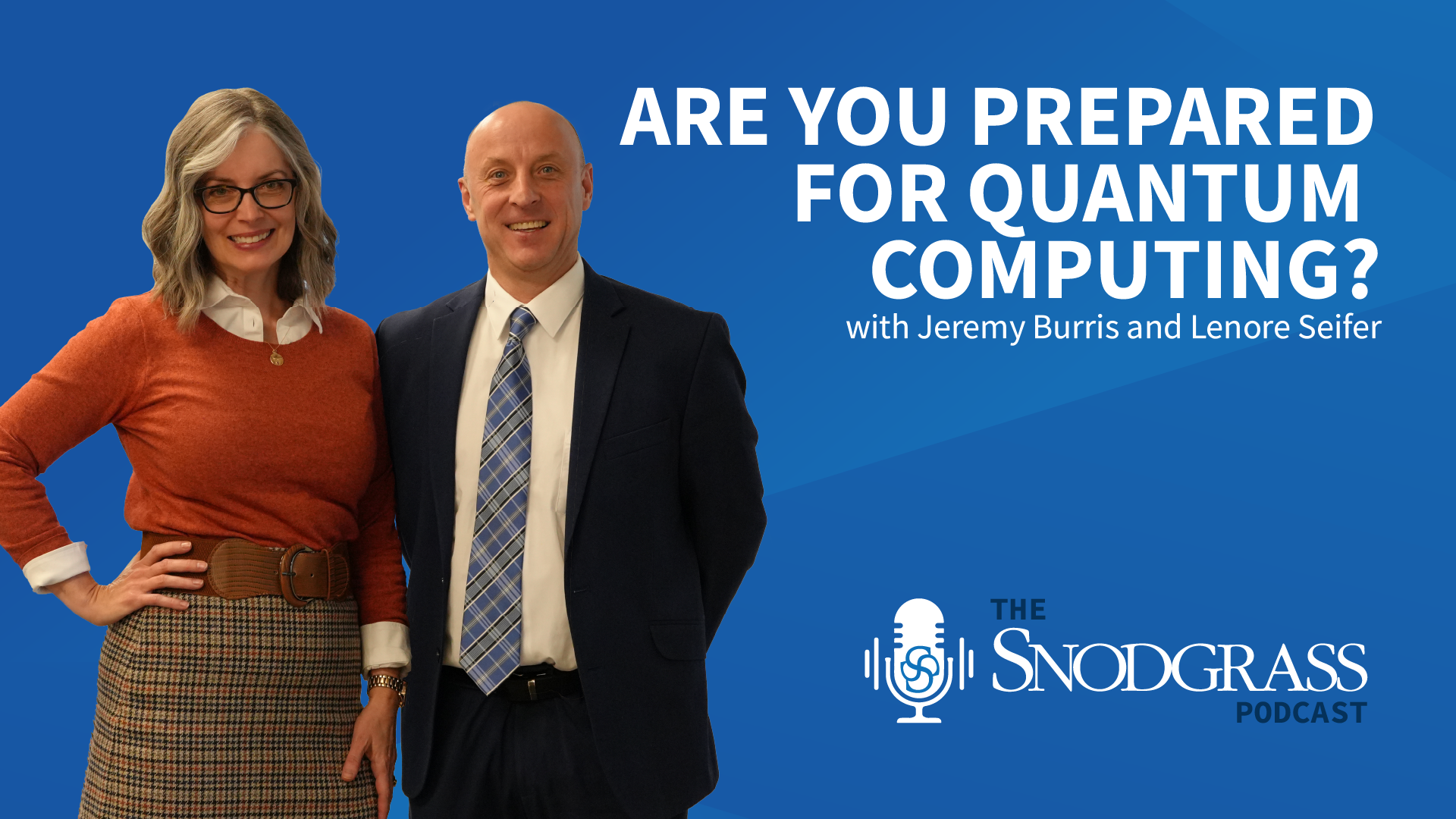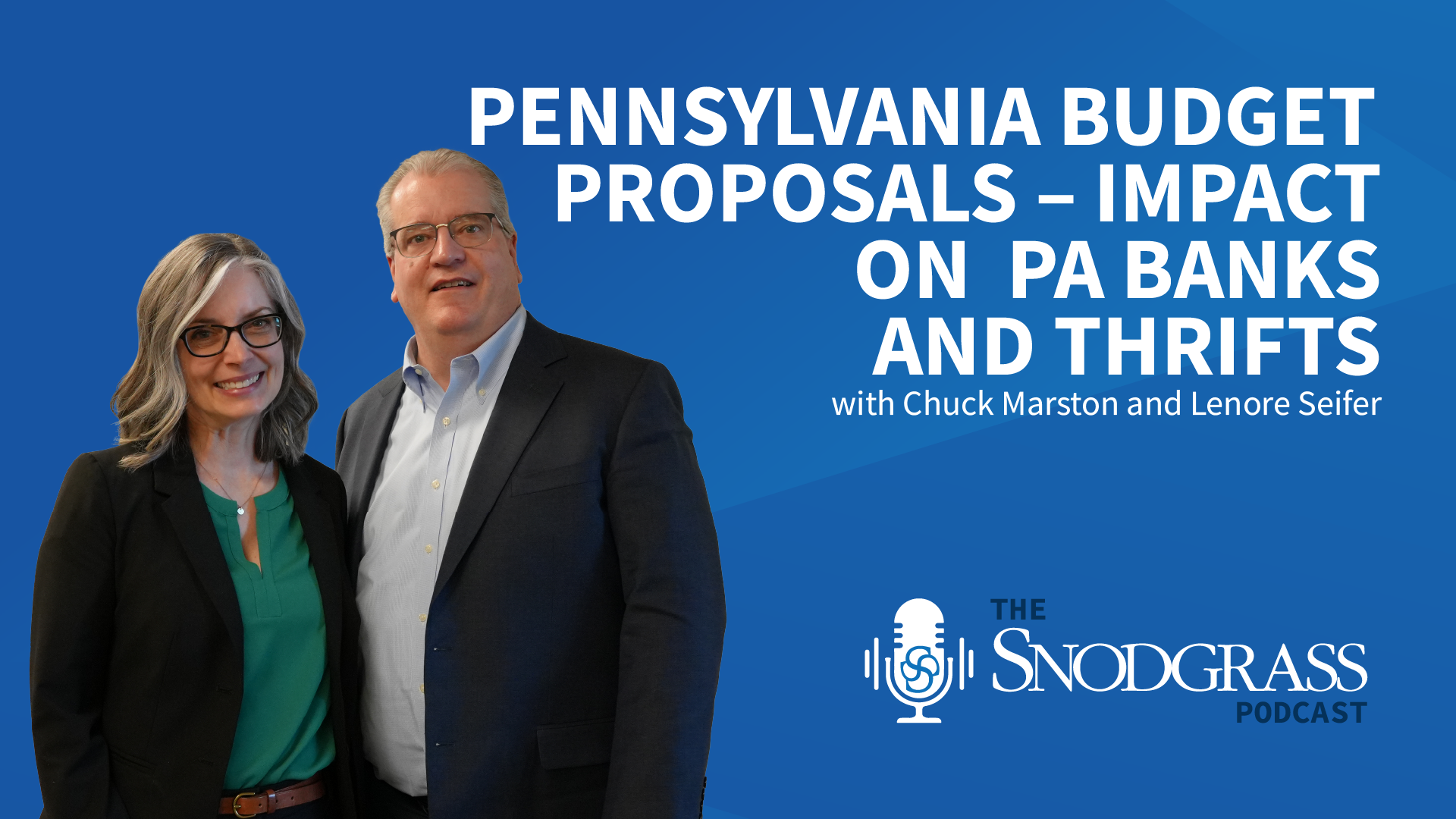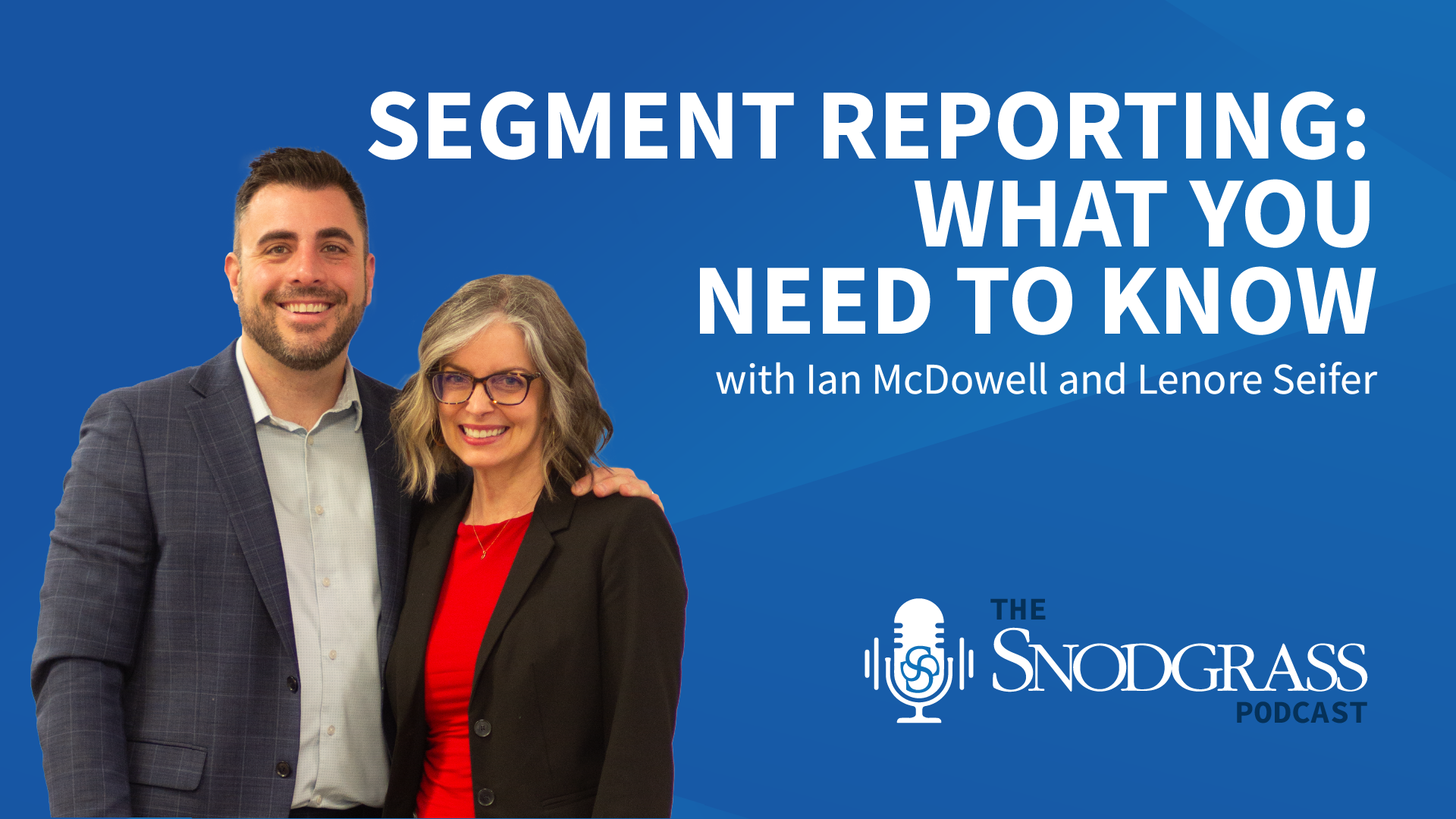On April 2, 2020, the Small Business Administration (SBA) issued an interim final rule, Business Loan Program Temporary Changes; Paycheck Protection Program (the Rule). While there is a host of information in the Rule that all financial institutions should review, one section in particular answers a key question that many financial institutions have had over the past several days: Can a bank apply for a Paycheck Protection Program loan?
Within the Rule section 2: “What Do Borrowers Need to Know and Do” part c: “How do I determine if I am eligible?” the Rule states:
\”Businesses that are not eligible for PPP loans are identified in 13 CFR 120.110 and described further in SBA’s Standard Operating Procedure (SOP) 50 10, Subpart B, Chapter 2, except that nonprofit organizations authorized under the Act [Coronavirus Aid, Relief, and Economic Security Act] are eligible. (SOP 50 10 can be found at https://www.sba.gov/document/sop-50-10-5-lender-development-company-loan-programs.) [emphasis added]\”
This text references section 120.110 of the Cope of Federal Regulations, which is shown below:
§ 120.110 What businesses are ineligible for SBA business loans?
The following types of businesses are ineligible:
(a) Non-profit businesses (for-profit subsidiaries are eligible);
(b) Financial businesses primarily engaged in the business of lending, such as banks, finance companies, and factors (pawn shops, although engaged in lending, may qualify in some circumstances);
(c) Passive businesses owned by developers and landlords that do not actively use or occupy the assets acquired or improved with the loan proceeds (except Eligible Passive Companies under § 120.111);
(d) Life insurance companies;
(e) Businesses located in a foreign country (businesses in the U.S. owned by aliens may qualify);
(f) Pyramid sale distribution plans;
(g) Businesses deriving more than one-third of gross annual revenue from legal gambling activities;
(h) Businesses engaged in any illegal activity;
(i) Private clubs and businesses which limit the number of memberships for reasons other than capacity;
(j) Government-owned entities (except for businesses owned or controlled by a Native American tribe);
(k) Businesses principally engaged in teaching, instructing, counseling or indoctrinating religion or religious beliefs, whether in a religious or secular setting;
(l) [Reserved]
(m) Loan packagers earning more than one third of their gross annual revenue from packaging SBA loans;
(n) Businesses with an Associate who is incarcerated, on probation, on parole, or has been indicted for a felony or a crime of moral turpitude;
(o) Businesses in which the Lender or CDC, or any of its Associates owns an equity interest;
(p) Businesses which: (1) Present live performances of a prurient sexual nature; or (2) Derive directly or indirectly more than de minimis gross revenue through the sale of products or services, or the presentation of any depictions or displays, of a prurient sexual nature;
(q) Unless waived by SBA for good cause, businesses that have previously defaulted on a Federal loan or Federally assisted financing, resulting in the Federal government or any of its agencies or Departments sustaining a loss in any of its programs, and businesses owned or controlled by an applicant or any of its Associates which previously owned, operated, or controlled a business which defaulted on a Federal loan (or guaranteed a loan which was defaulted) and caused the Federal government or any of its agencies or Departments to sustain a loss in any of its programs. For purposes of this section, a compromise agreement shall also be considered a loss;
(r) Businesses primarily engaged in political or lobbying activities; and
(s) Speculative businesses (such as oil wildcatting).
[61 FR 3235, Jan. 31, 1996, as amended at 82 FR 39502, Aug. 21, 2017]
It is important to recognize that the information above is derived from an interim final rule and is subject to change or alternative interpretations as additional guidance is released and a final rule is published. However, the guidance in this interim rule appears to have clearly answered the question by stating that banks are not eligible to participate in the program. As we have time to further analyze this updated guidance, we will keep our clients informed of other important events.



